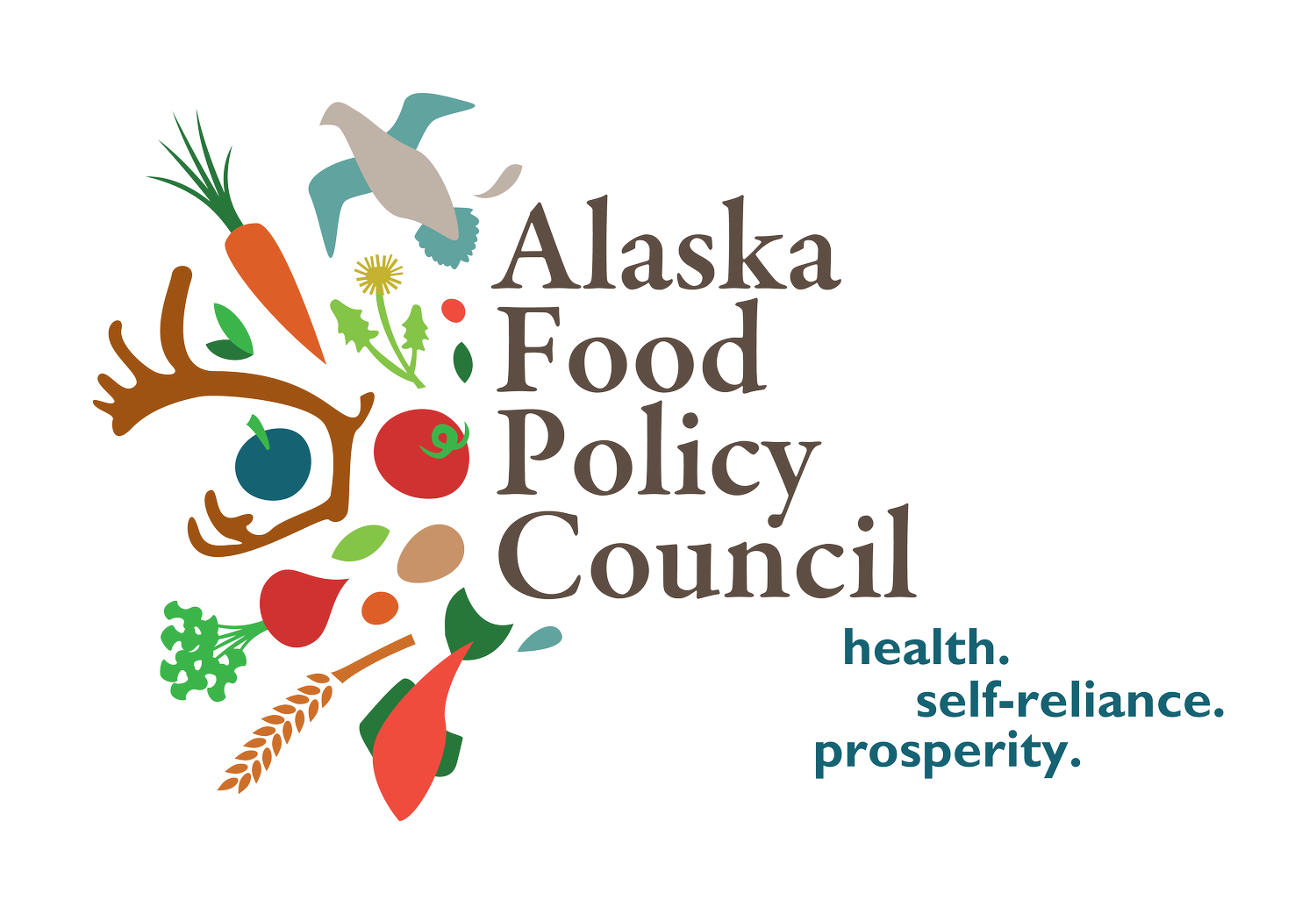Maximizing Federal Resources for Alaska's Kids: A Missed Opportunity With Summer EBT
By Rachel Lord, Advocacy and Policy Director, AFPC
Photo Credit: AC Stores
In January, Alaska decided not to participate in the 2024 USDA Summer Electronic Benefit Transfer (EBT) program, citing administrative costs that would outweigh the benefits, as reported by the Juneau Empire. This decision not only poses a risk to the food security of Alaskan children but also misses a chance to infuse nearly $7 million into the state's economy, offering crucial support to local grocery stores and farmers markets.
Economic Impact:
Alaska's non-participation in the Summer EBT program has significant economic repercussions for local businesses. The program, designed to assist low-income families with school-aged children during the summer, could have injected almost $7 million into the state, providing a vital boost to local economies through private-sector grocery stores and farmers markets.
Impact on Food Banks and Pantries:
Photo Credit: Juneau Empire
Apart from the economic implications, forgoing the USDA Summer EBT program in Alaska exacerbates challenges faced by already strained food banks and pantries across the state. Amid exceptionally high rates of hunger and unprecedented lows in food donations, these organizations play a crucial role in bridging the gap between food surplus and insecurity. Failing to utilize the Summer EBT program may intensify the burden on food banks and pantries when children are out of school.
Charting a Path Forward:
To build a more functional and resilient state, Alaska must engage meaningfully with federal aid programs addressing food insecurity. Rather than opting out of initiatives that bring crucial funds into the state, officials should focus on maximizing the impact of such programs for the benefit of all Alaskans. The Governor's budget includes an additional 30 technicians for the Department of Health's Division of Public Assistance, a move we applaud and support. This increase in staffing is essential, and similar attention should be given to the Department of Education and Early Development (DEED) to effectively administer the Summer EBT program.
Fundamentally, Alaska needs an administration where employees across all departments can be recruited, retained, and supported to maximize their potential. This approach enables functional collaboration between departments, ensuring the state can seize opportunities rather than reacting to crises without adequate resources.
Missed Opportunity:
Alaska's decision not to participate in the USDA Summer EBT program represents a significant missed opportunity to address hunger, stimulate local economies, and fortify the state's resilience. Increasing administrative capacity is crucial to ensuring Alaska maximizes federal resources, enhancing resilience, and benefiting all residents. It's time to prioritize the well-being of Alaskans and embrace opportunities for a stronger, more nourished state. AFPC will be working hard in the months ahead with our partners across the state to support budget and policy efforts in the Legislature that help create a more resilient and food-secure Alaska.







